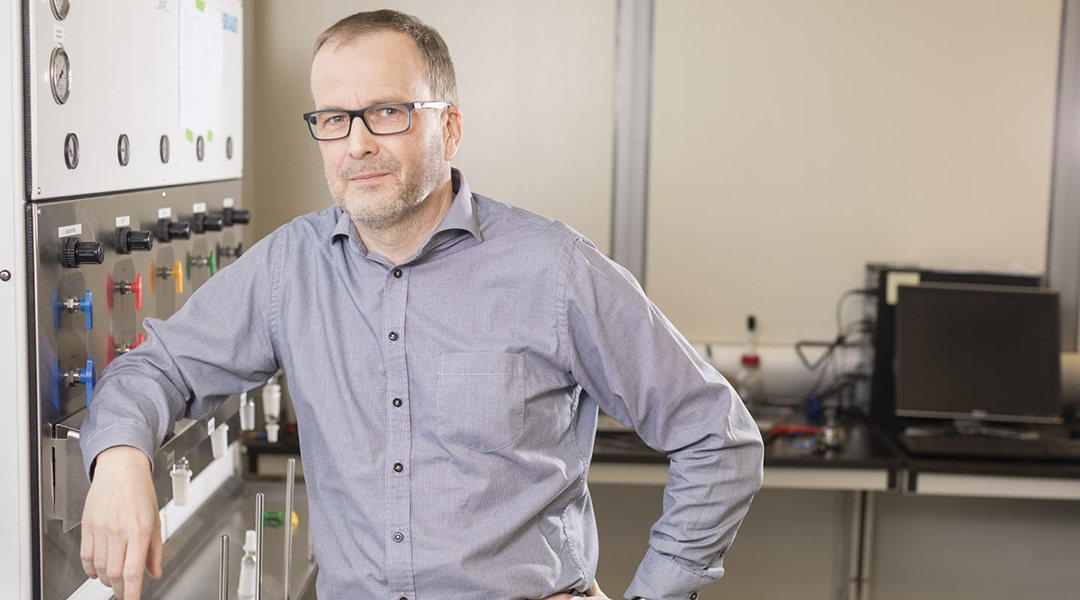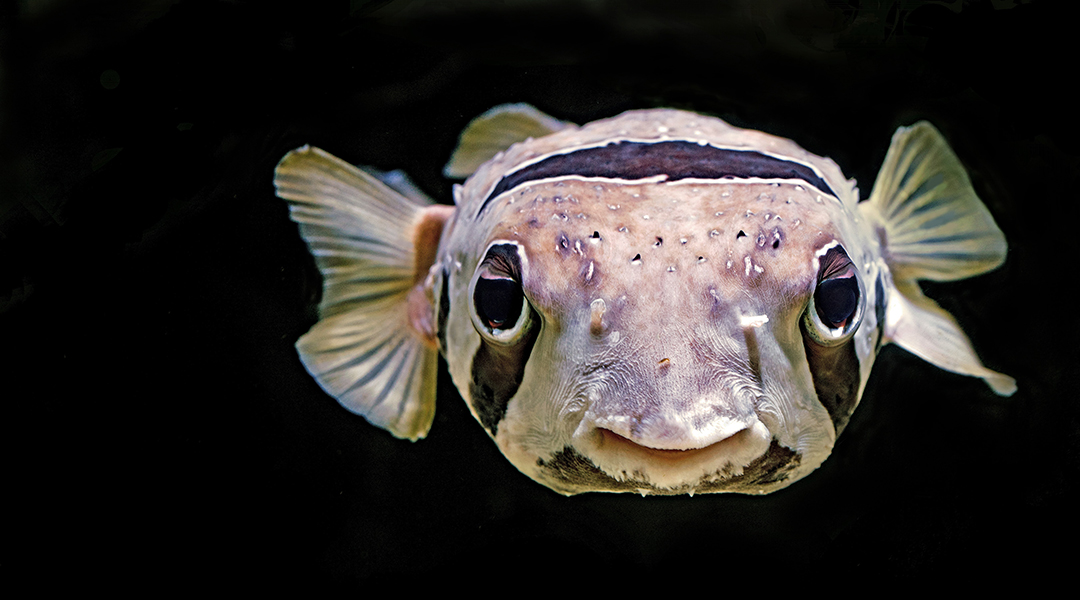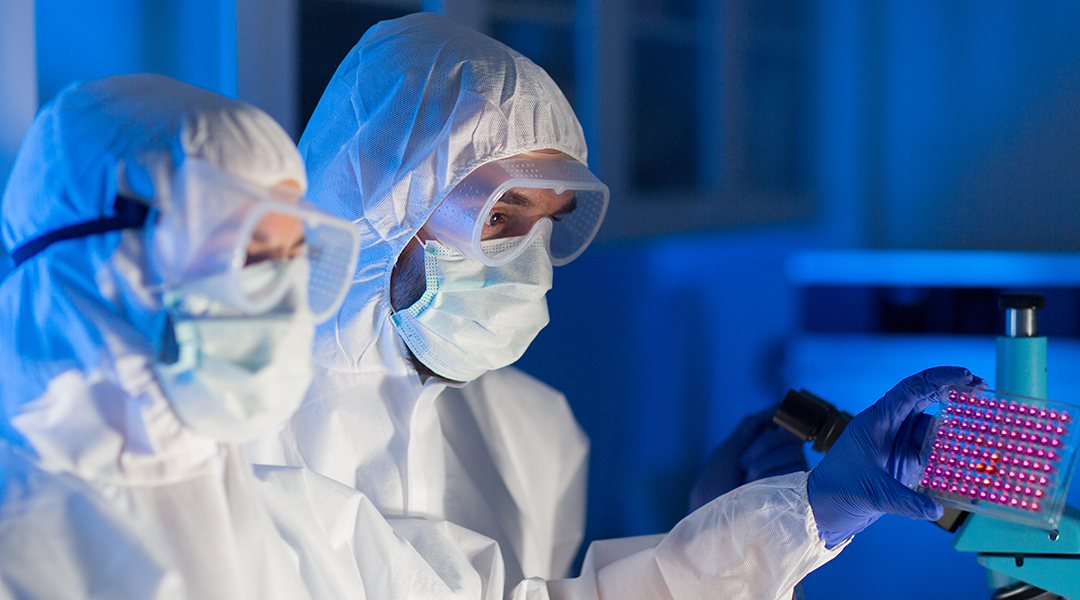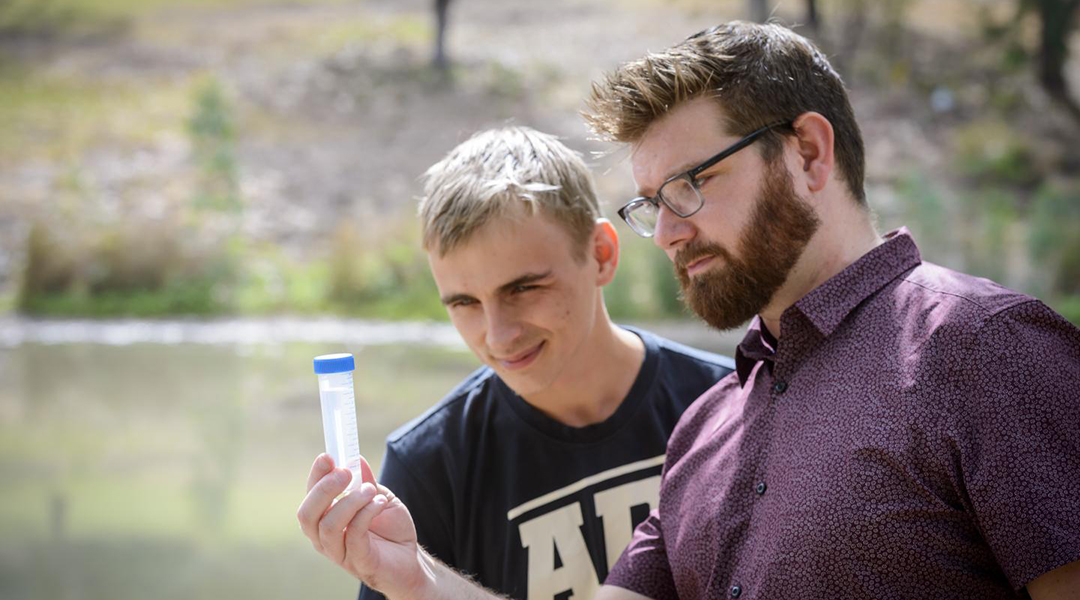Researchers from Newcastle University and the James Hutton Institute explore how catchment systems engineering can be a holistic approach to solving some environmental problems.


Researchers from Newcastle University and the James Hutton Institute explore how catchment systems engineering can be a holistic approach to solving some environmental problems.

York University researchers have discovered a way to make lithium-powered batteries more environmentally friendly while retaining performance, stability and storage capacity.

Scientists create a new route for the total synthesis of tetrodotoxin, a molecule in puffer fish that has promising medicinal benefits, such as pain relief.

Replacing highly toxic phosgene with diphenyl carbonate in polypeptide synthesis.

A new eco-friendly perovskite solar cell improves stability and minimizes harmful solvents and lead leakage found in conventional cells.

A new nanoreactor integrates multiple catalysts to carry out multiple reactions in the same pot, streamlining the production of fine chemicals—including urgently needed medicines.

A new class of polymers to clean up mercury pollution that can be produced sustainably on a large scale from elemental sulfur and renewable plant oils.

For the UK to make headway with its ambitious Absolute Zero plan, it calls for an administration that understands the subject and what is needed for its success.

How recent advancements in the developing of photoacoustic contrast agents are creating a better imaging technology.

Researchers reinforced aluminum with polymer waste and obtained a new materials with unexpected material.